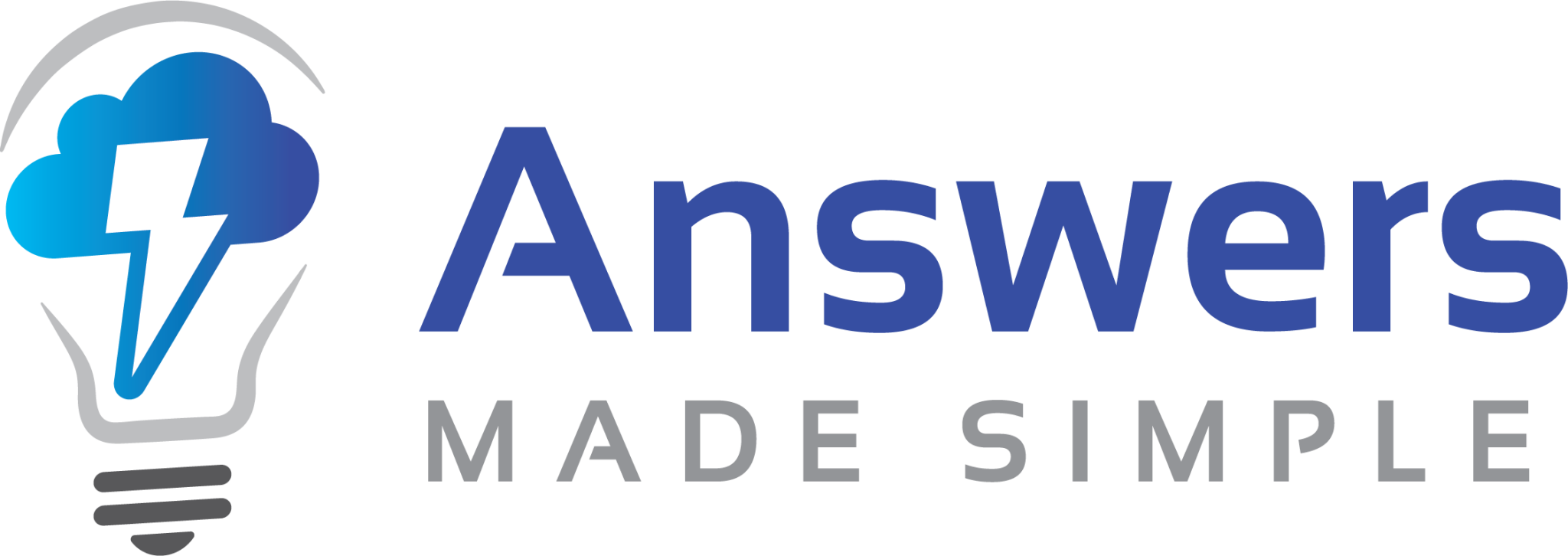Table of Contents
Initially designed as the centerpiece of cryptocurrencies, blockchain has surely worked its way out to be something more than just a financial tool. Blockchain&8217;s decentralized, transparent, and secure structure is giving solutions in the sectors of various industries. While companies seek to introduce new ways for efficiency enhancement, data security, and transparency, so blockchain is stepping in as a transforming solution in many sectors.
Here&8217;s a look at how blockchain is making its mark beyond cryptocurrency.
1. Supply Chain and Logistics
Blockchain technology can introduce much-needed transparency to the supply chains by offering real-time traceable information on the movement of goods. In the supply chain, each item is tracked as a block right from manufacturing through distribution to retail, which all participants in the chain can view.
Use Case Example: Walmart and IBM&8217;s Food Trust blockchain initiative allows Walmart to trace the journey of fresh produce from farm to store in seconds, with the added heaviness of improved food safety through quicker identification of contamination sources.
Benefits: Increased transparency, reduced fraud, reduced operational costs, and faster response time in case of product recalls.
2. Healthcare
The blockchain in this regard could be used to access various solutions in managing patient records, ensuring the privacy of that data, as well as clear and transparent communication among different healthcare providers.
Use Case Example: MedRec is a blockchain-based project that will streamline patient data across different healthcare providers. It will enable secure, transparent, and universal access to patient records.
Benefits: Improved data security, reduction of duplication of data, and easy access to accurate information about the patient help in better outcomes.
3. Real Estate
The nature of blockchain technology is very secure and tamper-proof; it suits the process of real estate where property transactions need to be verified and put on record many times through third-party intermediaries. Smart contracts enable the automation of execution after the conditions are met. Thus, it can facilitate real estate deals far more smoothly.
Use Case Example: Propy is one of the blockchain-based platforms for buying and selling property online. The ownership and payment are verified via blockchain technology.
Benefits: Speedy transactions, low fraud, low cost, and independence from intermediaries such as estate agents and notaries.
4. Voting Systems
The blockchain-based votes will solve vote tampering and voter fraud, issues of lack of transparency that normally characterize most traditional voting systems. Blockchain makes sure votes are recorded securely and transparently, thus permitting more trust in election processes.
Use Case Example: In 2018, West Virginia did a very successful pilot of blockchain voting for military personnel abroad whereby active military personnel could securely vote through a mobile application.
Benefits: Increased voter turnout, tamperproof records, and enhanced transparency in the voting process.
5. Finance and Banking
Blockchains proved to be something more than just cryptocurrencies for the finance and banking industries. Blockchain, because of its automation, accurate recording, and cross-border transactions, can reduce time consumption and transaction costs.
Use Case Example: With JPMorgan&8217;s blockchain-driven fully functional ecosystem, Onyx, cross-border transactions are allowed to be processed in real time to avoid expensive charges that would have accrued from a traditional banking system.
Benefits: Reduced transaction cost, reduced fraud, faster processing time, full traceability of a transaction.
6. Intellectual Property and Digital Content
Blockchain can overcome intellectual property piracy by creating an indelible record of ownership in every form of digital content. It will further allow the creators of the content to trace and receive compensation for their works, especially in music, art, and publishing.
Use Case Example: Audius allows artists to publish their music on a blockchain and be assured of control over their content while receiving direct compensation from listeners.
Key Benefits: protection against unauthorized use, securing the rights to their intellectual property, and creators getting just compensation.
7. Government and Public Records
It can support the effective management of government records towards secure storage and accessible documents, such as birth certificates, licenses, and land registries.
Use Case Example: The Dubai government has a vision of turning into a paperless city in collaboration with blockchain on the transactions involved around visas, land registration, and licensing.
Benefits: More security to data, eradication of bureaucracy, and facilitation of access by citizens to records.
8. Energy Sector
Blockchain can be used to ease energy trading, facilitate microgrids in support of the further penetration of renewable energy, and track energy production and consumption transparently.
Use Case Example: Power Ledger is an Australian blockchain-based platform that provides peer-to-peer energy trading. Customers can use it to buy and sell extra renewable energy to other customers.
Benefit: Increased transparency, efficient distribution of energy, and renewable sources of energy.
9. Insurance
In the case of insurance, blockchain can help streamline the claims process by verifying and processing claims through smart contracts without the interference of too many people, thus reducing fraud.
Use Case Example: For instance, Etherisc is a blockchain-based insurance platform that automates flight delay insurance claims whereby flight delay insurance will automatically pay out on direct data input.
Benefits: Lesser fraud, speedier claims processing, and lesser administrative costs.
10. Education
The automation of the record management for a student&8217;s record and credentials can be done in a very efficient manner by blockchain so that verification of their academic qualification against any institution can be easily practiced.
Example Use Case: In 2017, MIT delivered a blockchain-based digital diploma platform enabling students to hold verifiable digital versions of diplomas and credentials.
Benefits: Reduced administrative burden, quick and verifiable access to credentials, and secure record-keeping.
Conclusion
Blockchain technology finds applications across an increasing number of industries, surpassing its origin in cryptocurrency, where issues like transparency, security, and efficiency are paramount. As blockchain technology becomes more mature, its disruptive potential for traditional systems and processes increases incrementally, while new use cases are about to pop up every day. Industries that adopt blockchain technology stand to gain improved transparency, reduced operational costs, and heightened security, thereby ushering in a new generation of digitization across global sectors.
